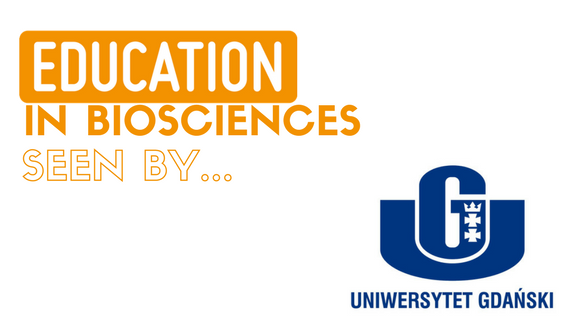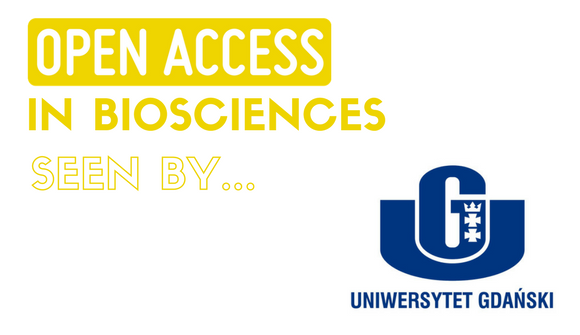How do you understand Education in biosciences research? Education is a vital aspect of the Responsible Research and Innovation concept. In order to build responsible relations with the society, there is a need for a certain level of science literacy in the society. On the one hand the scientists need to be aware of the need of communicating with other members of society, on the other hand the society needs educational interventions in order to be able to receive the information from scientists. What are the current standards and actions to achieve better Education on biosciences in your country and in your University? In Poland there are numerous initiatives to popularize science among society, e.g. science picnics, science festivals, open days in research institutions. Also some media such as TV, newspapers or radio broadcasts focus on familiarizing the society with the new discoveries of science. At University we organise special events such as debates on GMO, Biologists Night, Baltic Science Festival and other in order to broaden knowledge on biotechnology. Also special seminars and lectures on current problems in science are organised regularly. What are you aiming for with the implementation of the STARBIOS2 actions towards better Education standards for your institute? Our goal is to raise awareness about the issues covered by the RRI concept among stakeholders in Poland. An awareness raising campaign will be promoted locally at the Intercollegiate Faculty of Biotechnology UG & MUG, at the University of Gdańsk and beyond and will be dedicated to specific …
Open Access in Biosciences Research, Gdansk University
How do you understand Open Access in biosciences research? Open Access (OA) is providing a free-of-charge access to research results – scientific publications – via online access. Individuals and institutions that would otherwise not easily have access to research findings gain knowledge about new discoveries when these information are disseminated in OA. This increases the benefit for society: research findings can be accessed, used and reused, further developed by scientists from different backgrounds and disciplines as well as by non-scientists. What are the current standards and actions to achieve better Open Access in your University and in your country? The Polish Ministry for Science and Higher Education supports OA and recommends its implementation by research institutions. Several reports have been published on the state-of-the-art of OA in Poland. There are units and initiatives strongly supporting the development of OA in Poland, such as Platform for Open Science, Coalition for Open Education. Recently, the University of Gdańsk has adopted its policy on OA. What are you aiming for with the implementation of the STARBIOS2 actions towards better Open Access standards for your institute? Our goal is to support an institution-wide strategy towards improved OA to the results worked out by our scientists. We believe that OA is only possible with the joint efforts of authors, editors, librarians, supporting staff, and funders. In our project activities we focus on rising awareness among scientists on the importance and benefits of OA. At the same time, we conduct actions aimed at educating authors …





